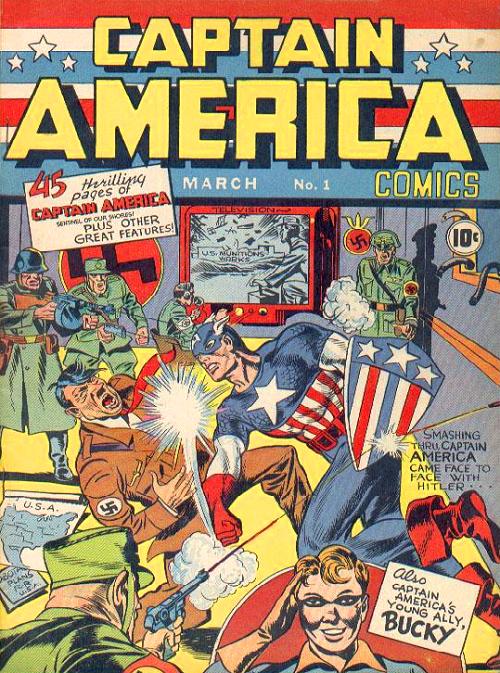
To readers of this blog, when you think of controversy over history education you may very well think of Japan first. The teaching of history in Japan has been a huge issue in recent years, with a certain infamous textbook even sparking protests in China and South Korea, but even as dismal as Japan’s teaching of certain dark aspects of their Imperial past can be, some other countries have it far worse.
According to the BBC:
But despite the importance of this Civil War, one survey shows that 50% of Spaniards have not talked about it at home. And 35% say they were never taught what happened in 1936, at school.
This amnesia has been actively encouraged at a political level.
Thirty years ago, Spain’s emerging new democracy felt so threatened by the ghosts of the Civil War and the recently defunct Franco regime that there was a ‘Pact of Silence’ between the left and the right of politics not to raise the issue or seek reparations for crimes committed by the dictatorship.
I find it somewhat mind-boggling that history classes in Spain have actually managed to keep the Spanish Civil War off the curriculum for so many years. What did they even talk about instead?
But Spain realizes that history can only be ignored for so long, and on the 70th anniversary of the rise of Spanish fascism they are preparing to address the past publicly for the first time.
The legislation will provide compensation for those who suffered under the dictatorship and is also expected to makes changes to General Franco’s most imposing legacy: The Valley of the Fallen, the former leader’s colossal burial chamber on the outskirts of the capital.
One suggestion is to convert part of the monument into an education centre about fascism. And, for the first time, the local authorities are expected to have guidelines to help people locate the bodies of family members, still missing, who were murdered during the Franco regime.
The government says its Law for the Recovery of the Historical Memory is not about rewriting history, or making people responsible for crimes of the past. But for many Spaniards it represents a new willingness to examine the truth about their history.
The part about “not rewriting history” makes me wonder, is actually altering Franco’s monument a good idea? Despite all of the atrocities that he was responsible for, are the interested of a more accurate actually history served by altering a well known monument, or would it be better to leave it alone and simply build a new one?
I think of Taipei’s Chiang Kai-Shek memorial hall. Built in the style of China’s Ming Imperial Tombs (which I think gives a fairly accurate hint as to Chiang’s aspirations) shortly after his death in 1975, this admittedly very attractive complex is dedicated to the memory of a man who’s name peppers the names of streets and schools in Taiwan as much as “The People’s” whatever does in the Mainland-a man who ruled Taiwan for decades with a brutality comparable to that of Franco’s, and whose policies were according to some responsible for the ROC loss of the Chinese Civil War, and later ROC/Taiwan’s UNSC seat.
After military rule ended and Taiwan democratized, what did they do with the memorial? Well, they kept it basically the same. Chiang is still deeply respected by much of the population, particularly supports of his former ruling party, and much like Spain (up until now) there has never been a truth commission, and the former dictator’s official public image may be tarnished, but hardly criticized on the level of Spain’s former-dictator. The memorial is given a military honor guard, still filled with memorabilia of his life, and and I believe still has text claiming that he was responsible for fostering Taiwanese democracy in the 40’s and 50’s (although I could be mixing it up with text I saw at his former house up on Yangmingshan- but more likely both have similar text.)
On the other hand, the lower level of the CKS Memorial Hall is used for a host of general cultural events, such as the Dalai Lama’s birthday celebration and a children’s science fair (two examples I saw myself) and the grounds are used at least weekly for various performances and festivals. While these activities do not exactly undermine it as a memorial, they do subtly alter the perception of the memorial itself by creating an image of the area as a public space devoted to positive activities, and somewhat weakening its role simply as a place of veneration for a political figure. This could be seen as reflecting to a degree the way in which nationalism in Taiwan has itself shifted away from being so linked with political figures and the Nationalist Party to a popular nationalism today more based on an independent culture and political system. By filling the Memorial CKS Hall with unrelated cultural events, it comes to be thought of more as a convenient performance space than a political symbol.
Compare General Chiang Kai Shek in Taiwan with General Francisco Franco. According to Wikipedia:
Since Franco’s death, almost all the placenames named after him (most Spanish towns had a calle del Generalísimo) have been changed. This holds particularly true in the regions ruled by parties heir to the Republican side, while in other regions of central Spain rulers have preferred not to change such placenames, arguing they would rather not stir the past. Most statues or monuments of him have also been removed, and, in the capital, Madrid, the last one standing was removed in March 2005.
Will Spain follow up by also altering the Valley of the Fallen? Will the government pay restitution to victims? How will they teach the Civil War-just flip it around and focus on all the bad things Franco and the Nationalists did, or explore the divisions in society that led to the conflict? Choosing a balanced approach to the teaching of history is always difficult, and in conflicts like this one which are particularly bitter there is a tendency towards propaganda in favor of whichever side is in power. According to the Guardian News Blog, a survey conducted by a Spanish newspaper says that one in three Spaniards still believes that Franco was right to overthrow the Republican government. Finding a historical narrative that can satisfy the two-thirds and the one-third is going to be difficult.




 Foreign Minister Taro Aso, who has no problem offending Koreans and Chinese on a regular basis, apparently
Foreign Minister Taro Aso, who has no problem offending Koreans and Chinese on a regular basis, apparently